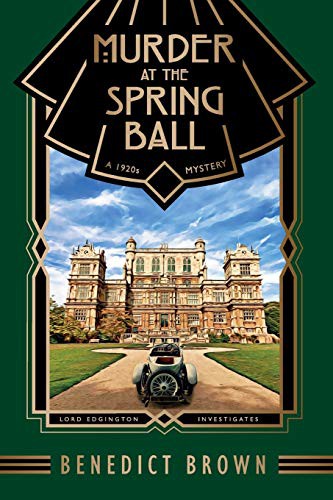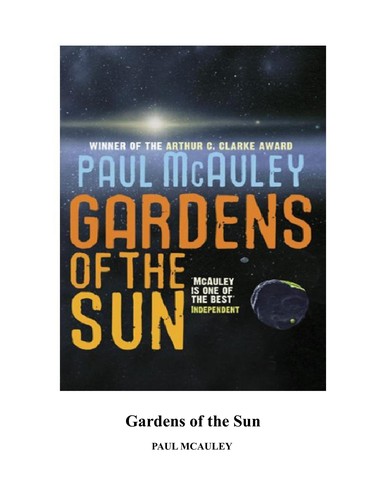[on the history of “ginger”] • In the early eighteenth century horse dealers discovered that inserting ginger into a horse's backside made him sprightly and hold his tail well. According to Francis Grose's CLASSICAL DICTIONARY OF THE VULGAR TONGUE (1785), the original term was to feague a horse. (Grose adds that, before ginger was thought of, an eel was reputedly used for the same purpose.) Not surprisingly, to feague was eventually replaced by a new coinage, to ginger, which appeared in print in the first quarter of the nineteenth century. This verb, often with the particularly appropriate addition of up, was soon figuratively extended to mean 'to liven up', and in this sense is now a common colloquialism.
— Dictionary of English down the Ages by Linda Flavell, Roger Flavell (Page 69 - 70)
I have so many questions.












